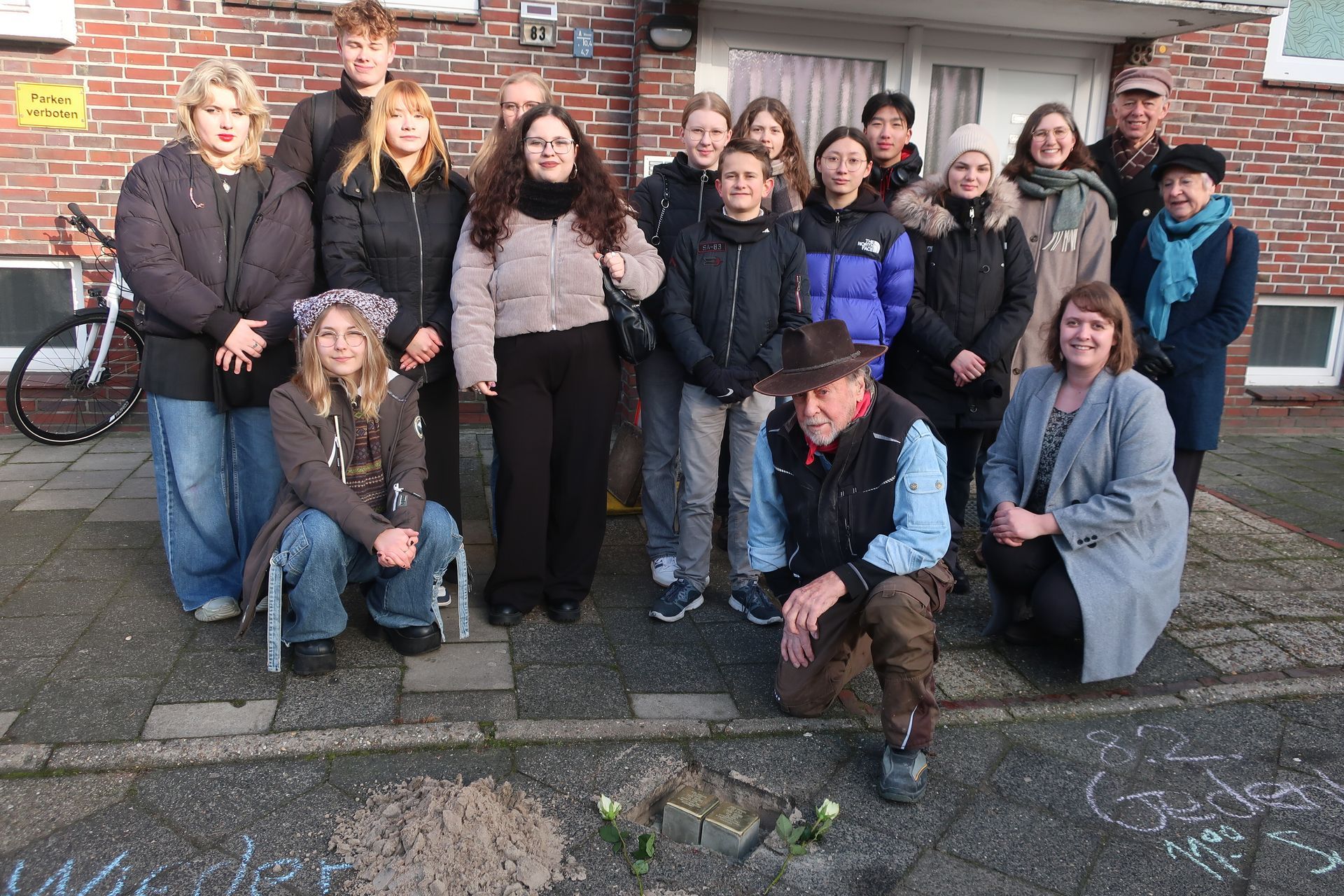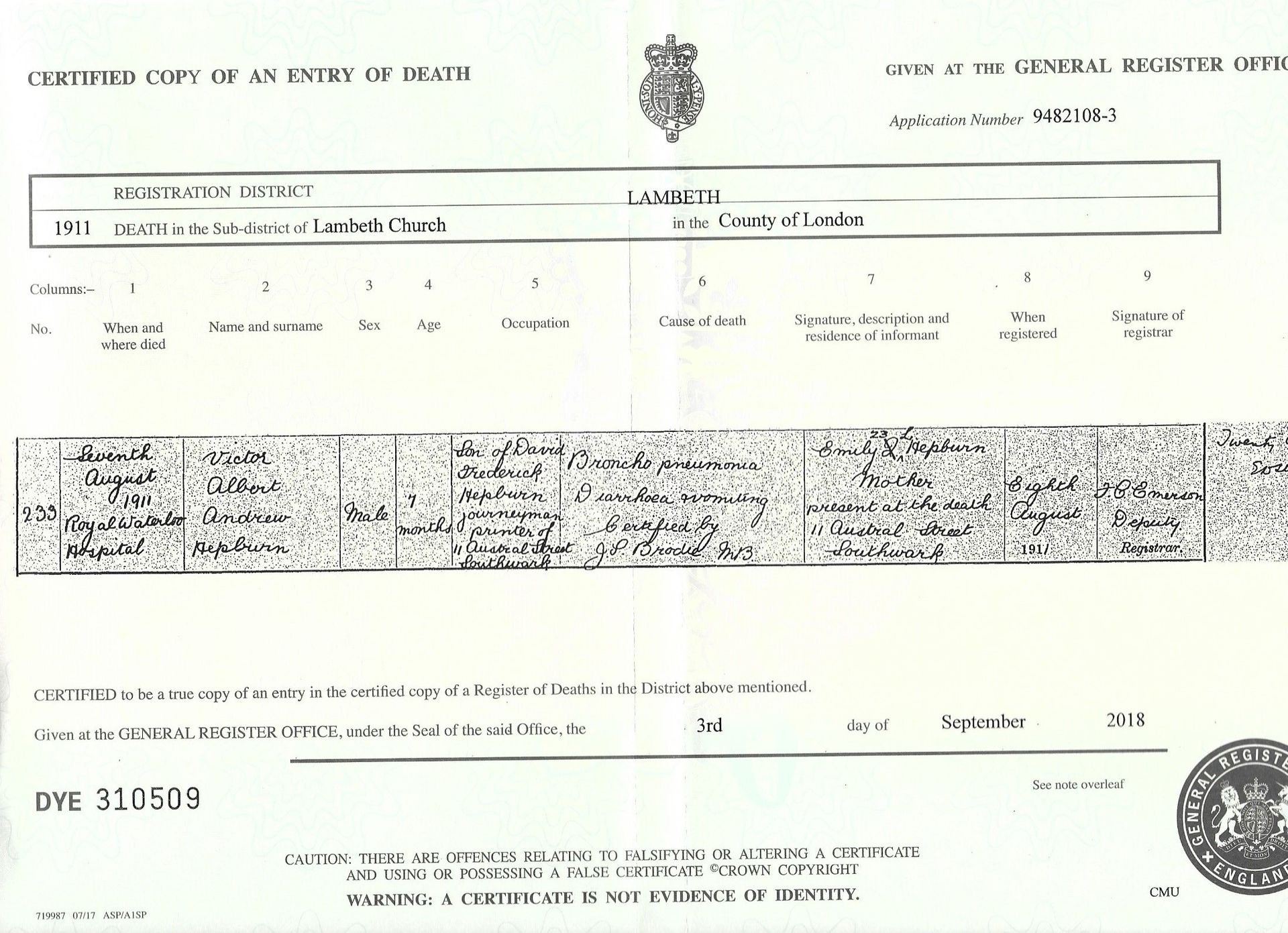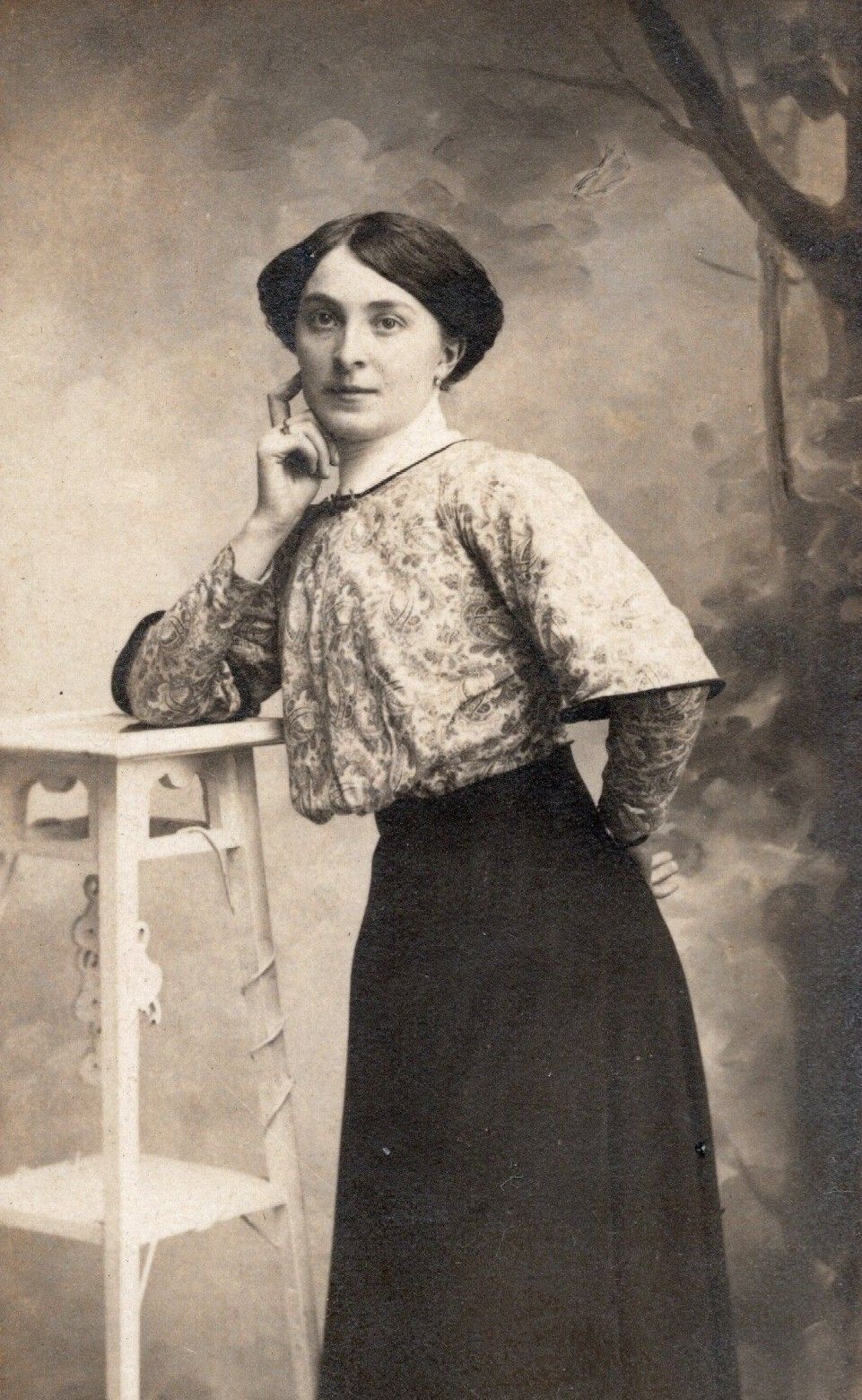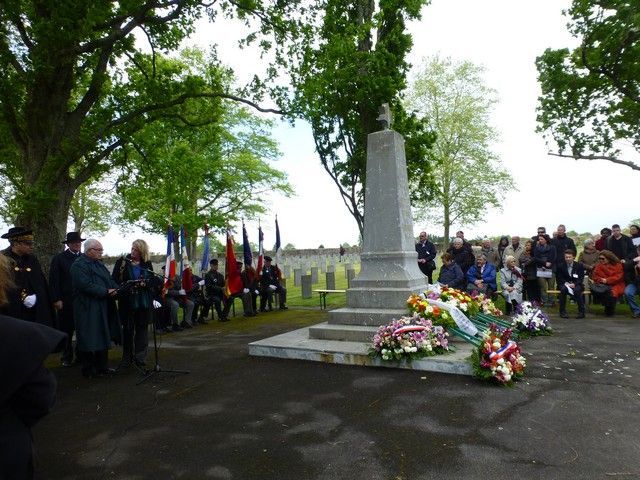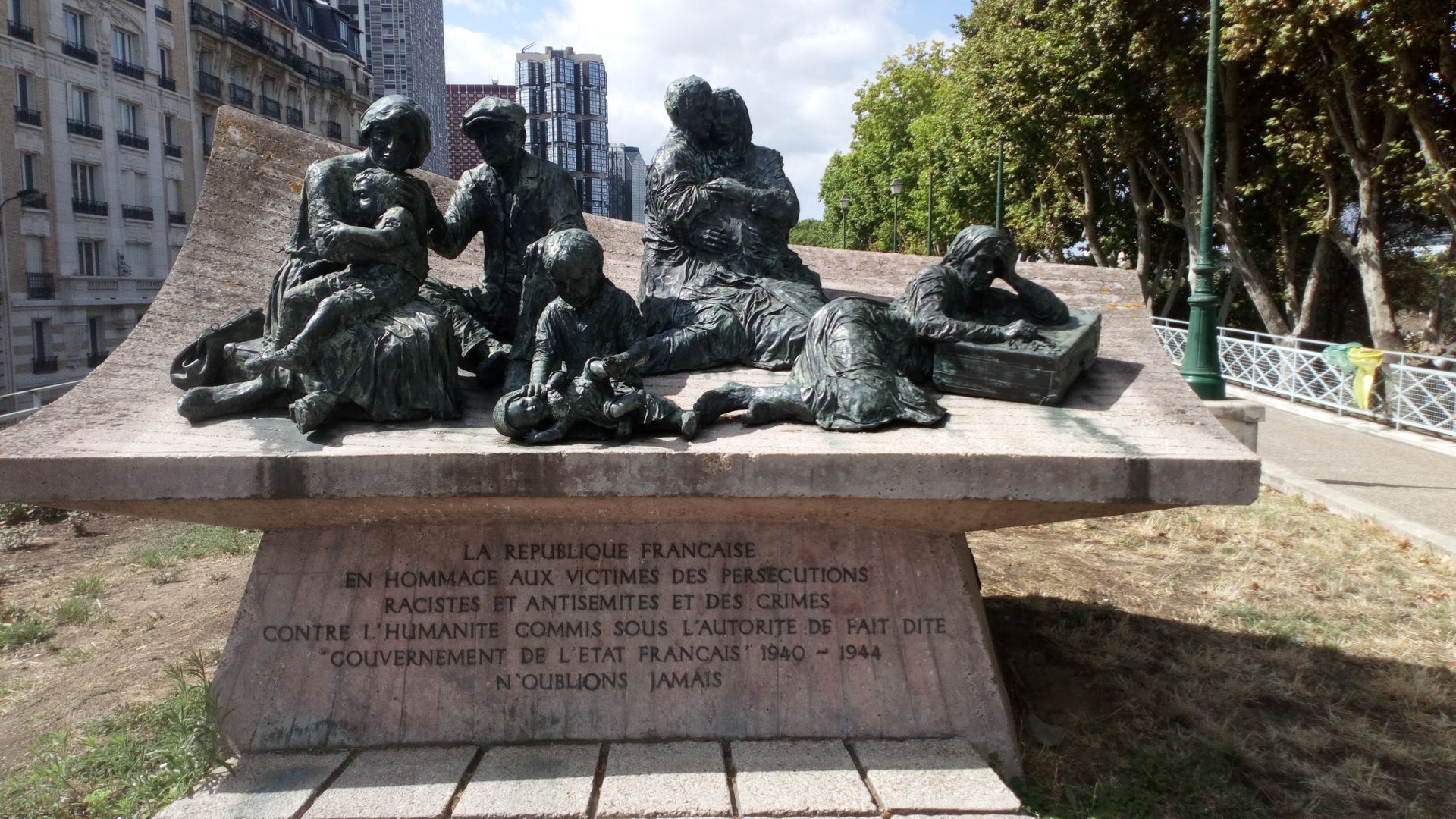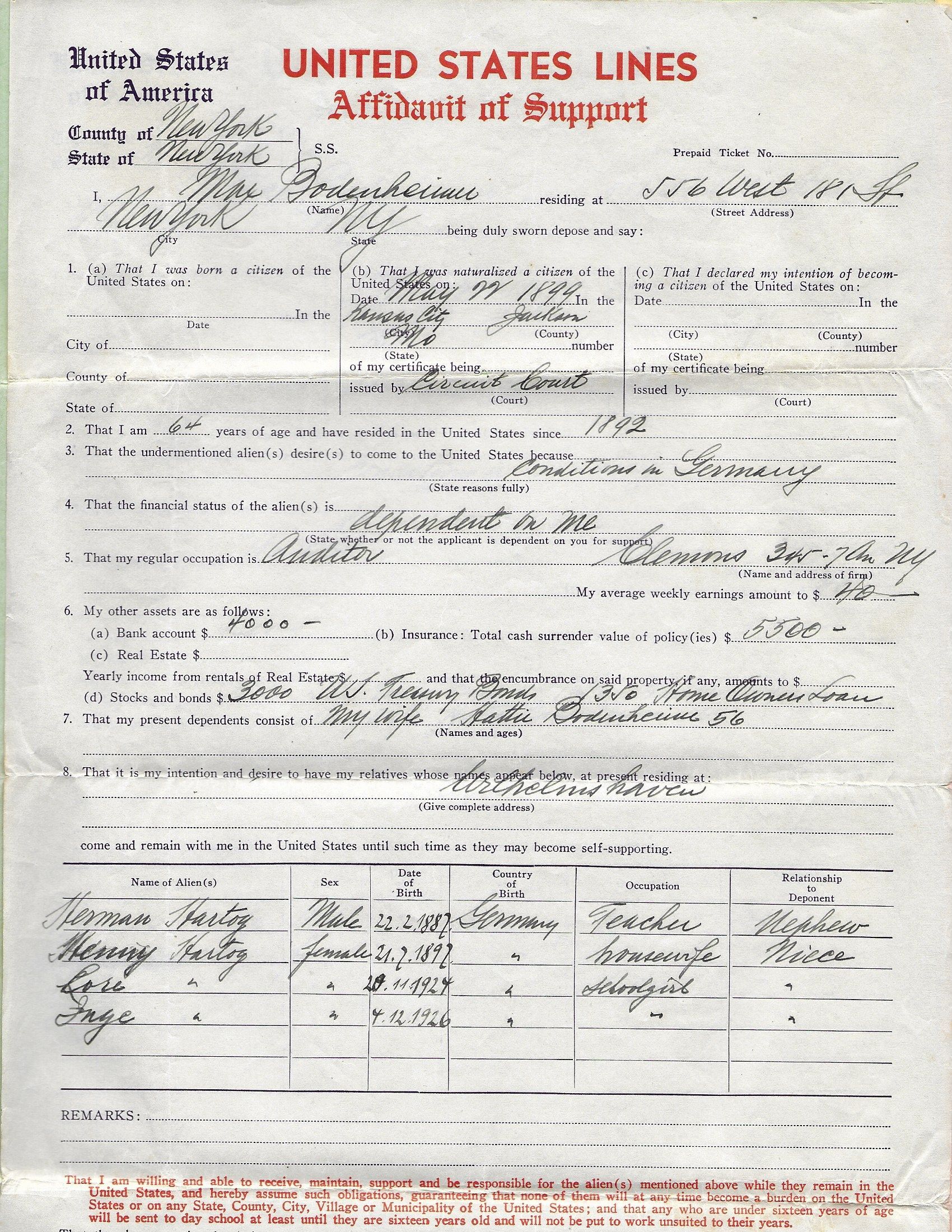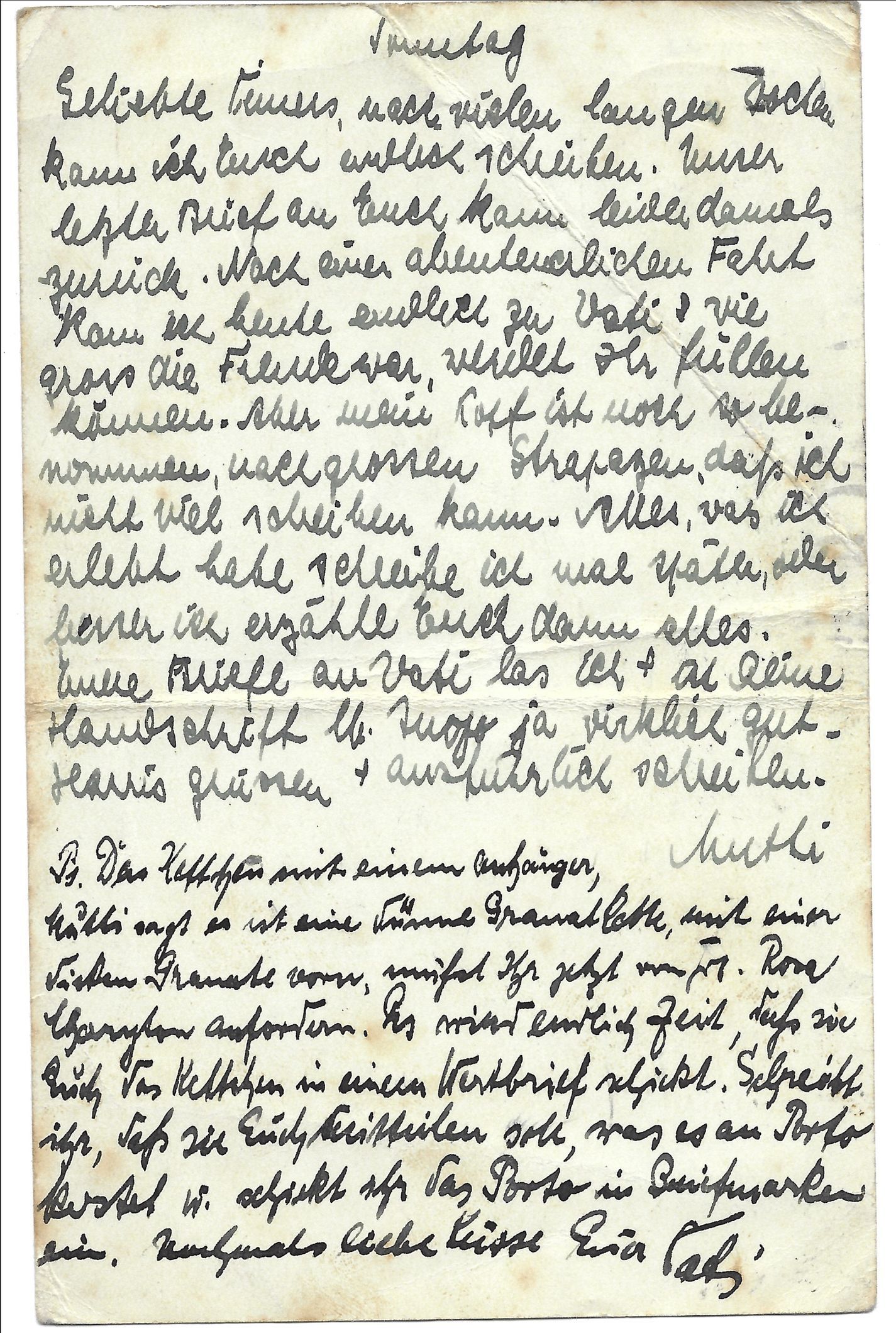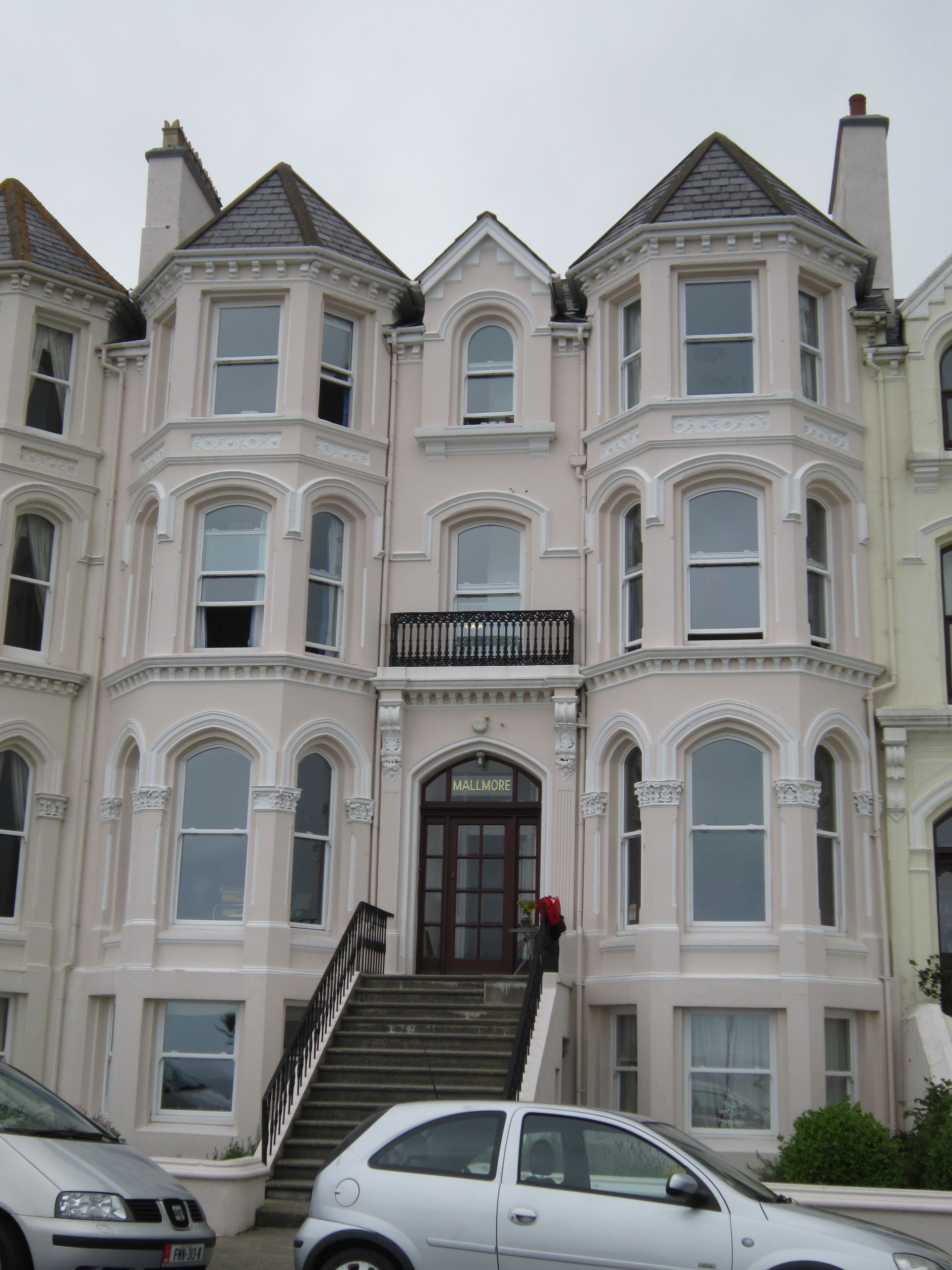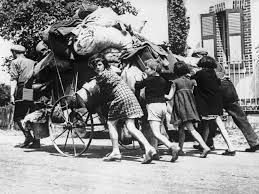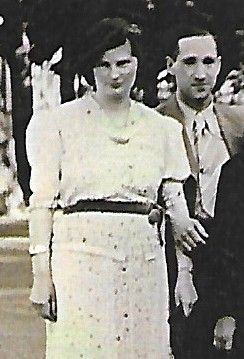François Casabonne gives Henny and Hermann space for a vegetable garden
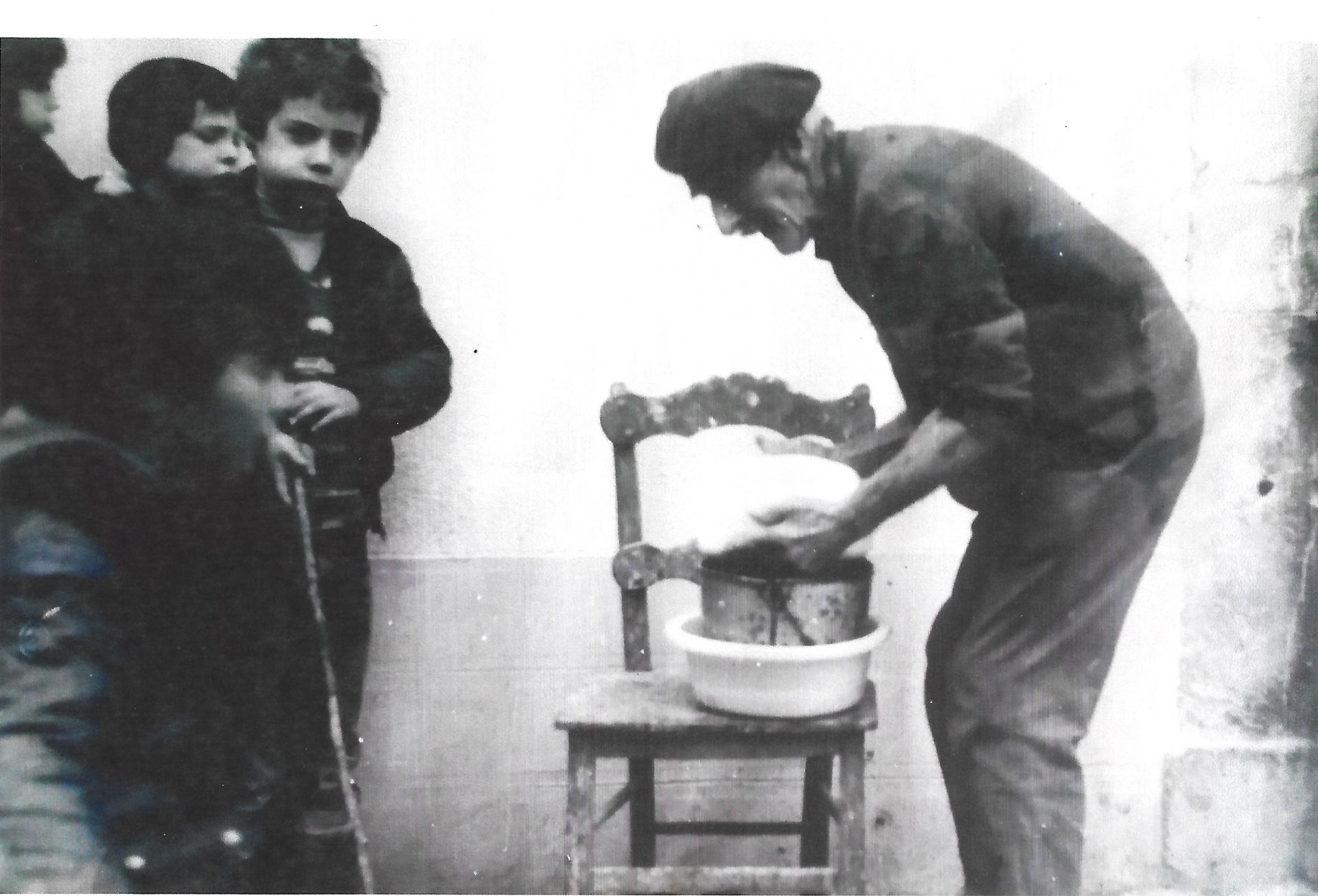
In March 1942, Hermann Hartog was working as an agricultural labourer for a local farmer in Arette – François Casabonne. It was an unusual arrangement as François had offered employment to Hermann, a refugee Jewish teacher, in order to have him released from a labour camp. While Hermann was willing to work in whatever way helped François, both men also enjoyed talking together at the end of the day and sharing their thoughts. It was clear to François that Hermann and his wife needed some space where – like every other villager – they could grow some vegetables to supplement their food rations.
There was a corner of a field that François owned that was both unproductive and also unsuitable as pasture for his cattle - a triangular space, at the side of the road up to his farm, and close to the steep edge of the field where he kept his cows. He offered it to Hermann and Henny as a garden, dug it over for them, and left them to cultivate it.
The Hartogs were delighted with this opportunity, and deeply grateful to François for his kindness and generosity. Henny was enthusiastic about the garden's possibilities and wrote to her daughters in England,
'By chance, we got a piece of earth from a good farmer where Vati works, which he dug over for us, and it will be a beautiful vegetable garden, because vegetables are rare here. I have a lot of work to do before it is alright, but I enjoy it and I work in it like a peasant woman. I have already planted peas, garlic, lettuce. Now come onions, carrot, spinach, cabbage, radishes, beans, potatoes, beetroot. I am already looking forward to the harvest.'
Henny often worked late into the evening in the garden and enjoyed it, although the work exhausted her. She quite soon discovered that her initial programme had been quite ambitious – especially for someone with no gardening experience at all. The land had previously been part of a meadow and she and Hermann were faced with a constant battle against weeds and vermin. As François remembered many years later,
'Hermann trapped the moles in my fields but he did not destroy them in his own garden because he thought that they were good for aerating the soil.'
The garden gave Henny and Hermann a physical activity that they shared with all their neighbours in the village, and it was a also a clear symbol of the kindness, generosity, and friendship of the brave people in Arette who tried to give meaningful help to two refugees.
(the photo shows François Casabonne making cheese outside his farmhouse, in about the 1970s)
